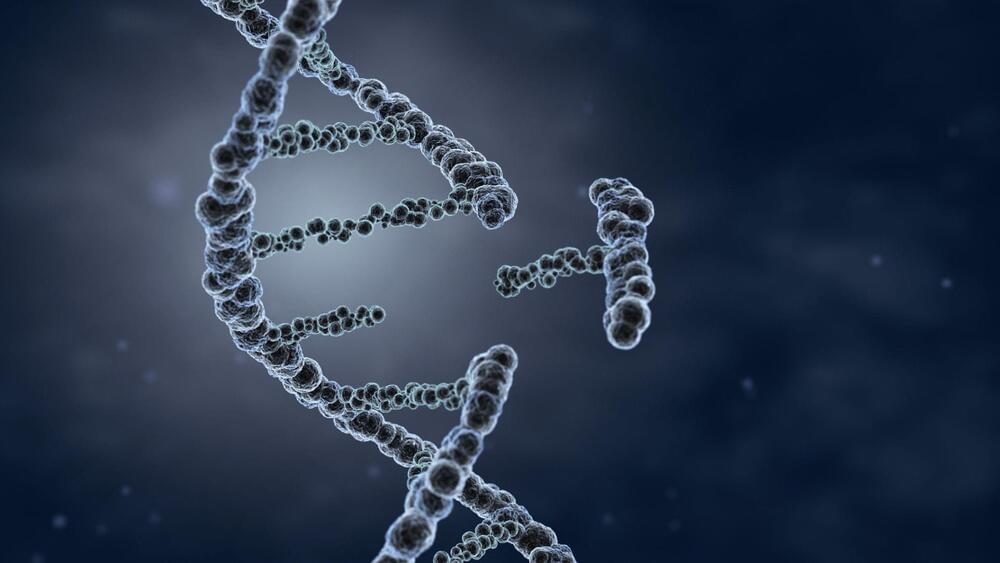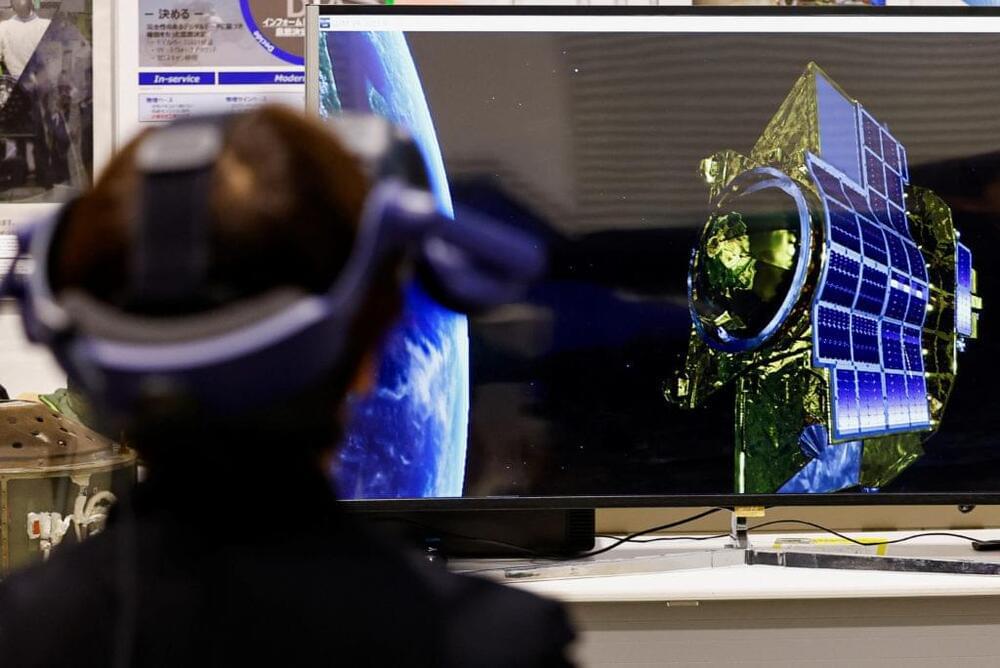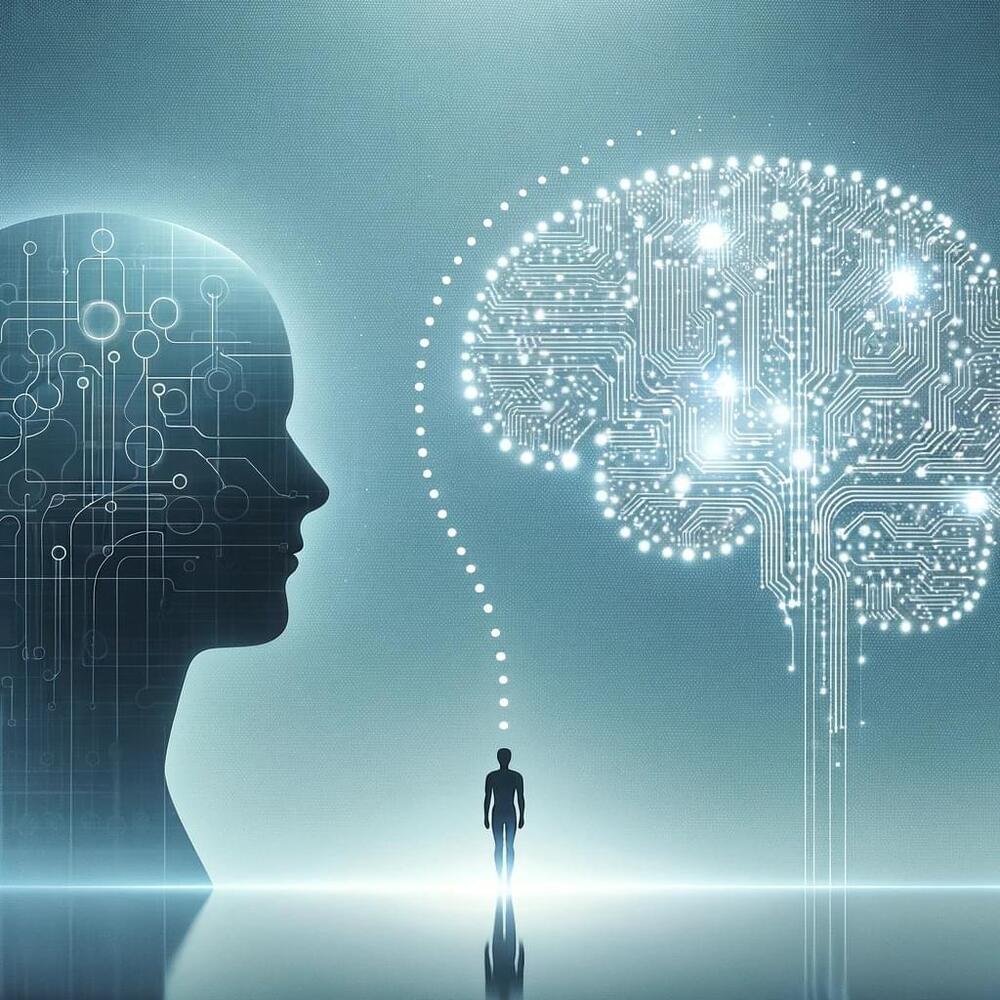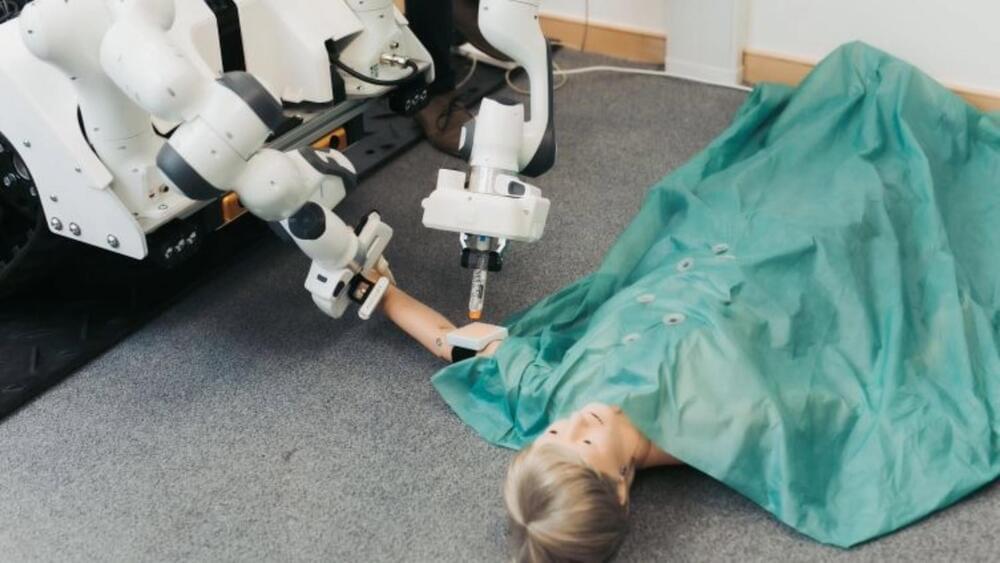This finding has important implications for cancer research, as HR is involved in many aspects of cancer biology.




TOKYO (AP) — Japan became the fifth country in history to reach the moon when one of its spacecrafts without astronauts successfully made a soft landing on the lunar surface early Saturday.
However, space officials said they need more time to analyze whether the Smart Lander for Investigating Moon, or SLIM, achieved its mission priority of making a pinpoint landing. They also said the craft’s solar panel had failed to generate power, which could shorten its activity on the moon.
Space officials believe the SLIM’s small rovers were launched as planned and that data was being transmitted back to Earth, said Hitoshi Kuninaka, head of the Institute of Space and Astronautical Science, a unit of Japan’s space agency.


It’s pretty hard to imagine the world through someone else’s eyes, especially different animals. But a new study using lab-grown human retinas reveals that even between different humans, our vision is extremely diverse.
And it might be to do with how the red and green cones form in our retinas. Cones are light-sensing cells in vertebrates’ eyes; their combined responses to different wavelengths enable color vision.
Humans and some closely related primates are some of the only mammals known that can see the color red, as well as green and blue.

A gigantic trove of passwords has been released by bad actors, and there’s a very good chance that yours is on there.
According to Troy Hunt, the man behind the excellent breach notification site “Have I Been Pwned” — which allows users to look up your email and see if and where your passwords and other user information have been compromised — it’s one of the largest collections of breached data he’s ever seen appear online.
To a data defender like Hunt, “large” is not an understatement. The cache of files, dubbed “Naz. API,” contains more than 71 million email addresses and 100 million passwords. Thus far, more than 400,000 Have I Been Pwned (HIBP) subscribers have been impacted.

Explore how AI advances are reshaping skills and knowledge, teaching us to ask the right questions in a world where machines offer endless answers Welcome to the future. Robots haven’t taken over. Yet. But they’re teaching us a lesson. A lesson in conversation. The job market? It’s flipping. Experience? Taking a backseat. The new MVP? The art of asking. Yes, asking. We’re not talking about small talk over coffee. We’re talking about significant talks with machines. Data-stuffed machines, waiting. Waiting for our questions. Think of it. A genie in a bottle. But forget three wishes. This genie’s game is endless. Ask away. Here’s…


Experts created robotic arms to conduct essential medical triage in perilous situations like humanitarian disasters and conflict zones.
Developed by researchers at the University of Sheffield, this revolutionary technology has the potential to be a life-saving intervention in high-risk places.
Examining victims within 20 minutes
Built upon the innovative “medical telexistence (MediTel) solution,” this state-of-the-art mobile robotic-controlled uncrewed ground vehicle (UGV) incorporates virtual reality (VR) technology.

The internet’s steady fall into the AI-garbled dumpster continues. As Vice reports, a recent stud y conducted by researchers at the Amazon Web Services (AWS) AI Lab found that a “shocking amount of the web” is already made up of poor-quality AI-generated and translated content.
The paper is yet to be peer-reviewed, but “shocking” feels like the right word. According to the study, over half — specifically, 57.1 percent — of all of the sentences on the internet have been translated into two or more other languages. The poor quality and staggering scale of these translations suggest that large language model (LLM)-powered AI models were used to both create and translate the material. The phenomenon is especially prominent in “lower-resource languages,” or languages with less readily available data with which to more effectively train AI models.
In other words, in what the researchers believe to be a ploy to garner clickbait-driven ad revenue, AI is being used to first generate poor-quality English-language content at a remarkable scale, and then AI-powered machine translation (MT) tools transcribe said content into several other languages. The translated material gets worse each time — and as a result, entire regions of the web are filling to the brim with degrading AI-scrambled copies of copies.